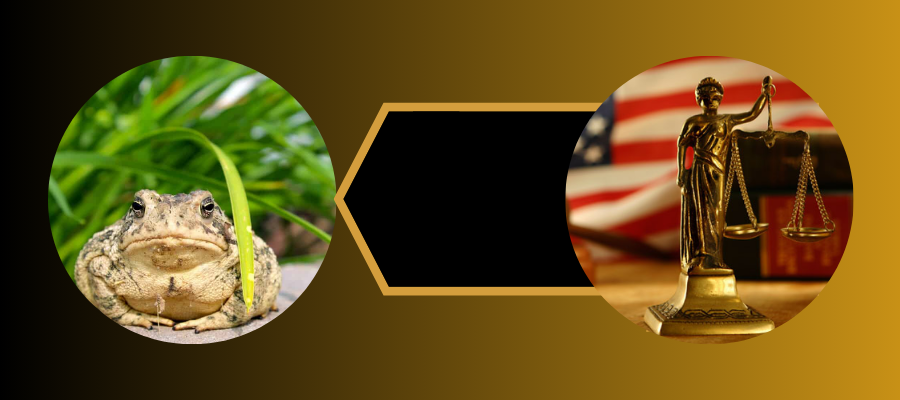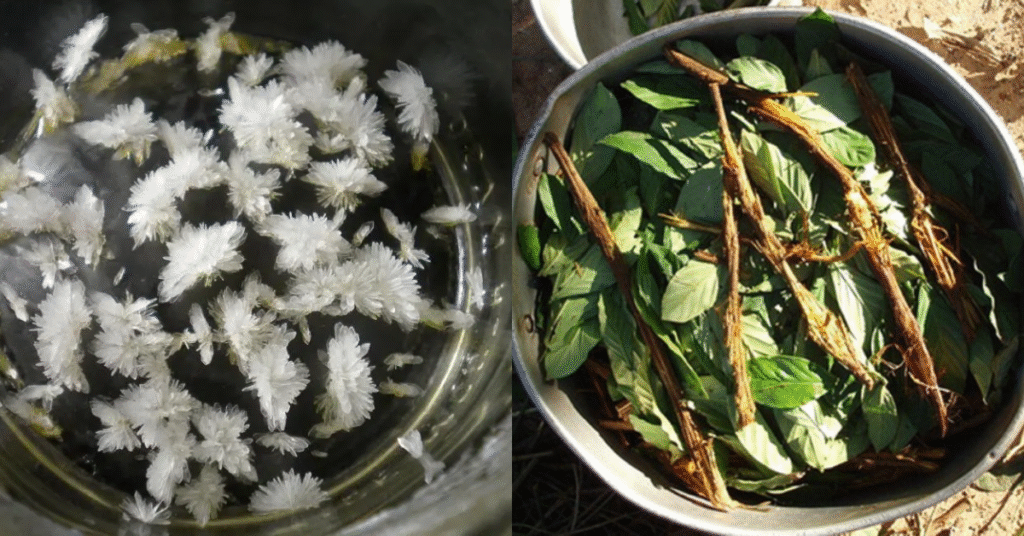Legal Status of 5-MeO-DMT: Schedule I Classification and Implications
5-Methoxy-N,N-dimethyltryptamine (5-MeO-DMT) is a powerful psychedelic compound increasingly drawing attention in scientific, therapeutic, and recreational circles. However, its legal classification in the United States as a Schedule I controlled substance under the Controlled Substances Act (CSA) significantly restricts its use and distribution. This article offers a comprehensive examination of the legal scheduling, policy rationale, and implications for possession, research, and religious use. Want to experience the full power of the God Molecule, here’s where you can get 5 MeO online.
What Is 5-MeO-DMT?
5-MeO-DMT is a naturally occurring psychedelic tryptamine found in a variety of plant species and in the venom of the Colorado River toad (Incilius alvarius). Known for inducing intense mystical experiences, ego dissolution, and non-dual states of consciousness, 5-MeO-DMT has found its place in both traditional rituals and modern psychonautic practices.
Moreover, its legal status is a point of concern. As a structural analog of N,N-Dimethyltryptamine (DMT), 5-MeO-DMT is classified as a Schedule 9 prohibited substance under the Poisons Standard.
DEA Scheduling: Placement of 5-MeO-DMT into Schedule I
In December 2010, the U.S. Drug Enforcement Administration (DEA) published a final rule placing 5-MeO-DMT into Schedule I of the CSA, citing the following reasons:
- High potential for abuse
- No currently accepted medical use in treatment in the U.S.
- Lack of accepted safety for use under medical supervision
This decision was based on scientific evaluation, abuse liability, and input from the Department of Health and Human Services (HHS). The scheduling effectively criminalizes the manufacture, possession, and distribution of 5-MeO-DMT outside of authorized research. In search of 5 MeO for personal research? Buy 5 MeO DMT vape pen online from Colorado best psychedelic store.
Key Legal Implications of Schedule I Status
1. Possession and Distribution Are Criminal Offenses
Possessing or distributing 5-MeO-DMT without a DEA license is a federal crime punishable by imprisonment and fines under the U.S. Code.
| Offense | Penalty |
|---|---|
| Simple Possession | Up to 1 year in prison and/or minimum $1,000 fine |
| Distribution | Up to 20 years, higher with prior convictions or involving minors |
| Trafficking (100g or more) | Mandatory minimums of 5–10 years |
2. Research Restrictions
Any scientific or therapeutic research involving 5-MeO-DMT requires:
- Schedule I registration with the DEA
- Institutional Review Board (IRB) approval
- Security protocols for handling substances
- Ongoing audits and compliance with 21 CFR Part 1301
3. Impact on Religious and Spiritual Use
Although some religious groups claim entheogenic use of 5-MeO-DMT as a sacrament, current federal law does not recognize any exemptions for this compound, unlike ayahuasca in some limited cases.
4. State-Level Laws
While federal scheduling overrides conflicting state laws, some states have introduced additional controls or explicitly criminalize 5-MeO-DMT. These include:
- California: Schedule I
- Florida: Schedule I
- Texas: Controlled substance under penalty group
How 5-MeO-DMT Was Evaluated for Scheduling
The DEA followed an 8-factor analysis mandated under the CSA (21 U.S.C. § 811(c)), assessing:
- Actual or relative potential for abuse
- Scientific evidence of pharmacological effects
- Current scientific knowledge
- History and pattern of abuse
- Scope, duration, and significance of abuse
- Risk to public health
- Psychic or physiological dependence liability
- Immediate precursor status
Despite limited data on widespread abuse or public health risk, the DEA cited increasing internet availability and anecdotal reports as a rationale for preemptive scheduling.
Controversies and Calls for Reassessment
Many scientists and psychedelic advocacy groups argue that 5-MeO-DMT may have therapeutic value in treating:
- Depression
- PTSD
- End-of-life anxiety
- Substance use disorders
Moreover, these claims are currently unsupported by FDA-approved clinical trials but remain a growing focus of academic and nonprofit research. Critics argue that Schedule I status creates a “catch-22,” where the substance is prohibited for lack of evidence, but evidence cannot be generated due to prohibition.
International Legal Landscape
Outside the U.S., the legal status of 5-MeO-DMT varies:
| Country | Legal Status |
|---|---|
| Canada | Not scheduled federally, but covered under analogue acts |
| UK | Class A under the Misuse of Drugs Act |
| Brazil | Legal for religious use in some contexts |
| Portugal | Decriminalized for personal use |
| Mexico | Unregulated but not explicitly legal |
The U.S. remains among the most restrictive jurisdictions concerning 5-MeO-DMT.
Religious Freedom vs. Controlled Substances
The Religious Freedom Restoration Act (RFRA) has been used to defend entheogenic use in limited cases, such as Gonzales v. O Centro Espirita. However, courts have yet to recognize RFRA protections for 5-MeO-DMT, and no exemptions have been granted for its ceremonial use in the U.S. Sourcing the toad venom DMT has never been easy but you can get pure 5 MeO DMT freebase crystalline powder here.
Future Outlook for 5-MeO-DMT Legislation
The psychedelic renaissance is reshaping drug policy debates. However, with increasing public and legislative interest in therapeutic psychedelics like psilocybin and MDMA, advocates hope 5-MeO-DMT may eventually be reconsidered.
Proposed Reforms:
- Rescheduling under Schedule II or III for clinical research
- Expanded access programs under the FDA’s Investigational New Drug (IND) process
- Religious use exemptions similar to those granted to ayahuasca churches
Conclusion: A Compound at the Crossroads of Policy, Science, and Spirituality
5-MeO-DMT remains a Schedule I substance in the U.S., with severe penalties for unauthorized use or possession. Despite promising anecdotal reports and rising academic interest, its legal status restricts legitimate scientific exploration and spiritual practice. As psychedelic policy reform continues to gain momentum, the conversation around 5-MeO-DMT is far from over.
References
- Federal Register / Vol. 75, No. 243 / Monday, December 20, 2010 / Rules and Regulations
- Controlled Substances Act (21 U.S.C. §§ 801 et seq.)
- U.S. Drug Enforcement Administration – Diversion Control Division
- FDA Investigational New Drug (IND) Program
- MAPS Public Benefit Corporation
- Beckley Foundation Reports
- Journal of Psychedelic Studies


